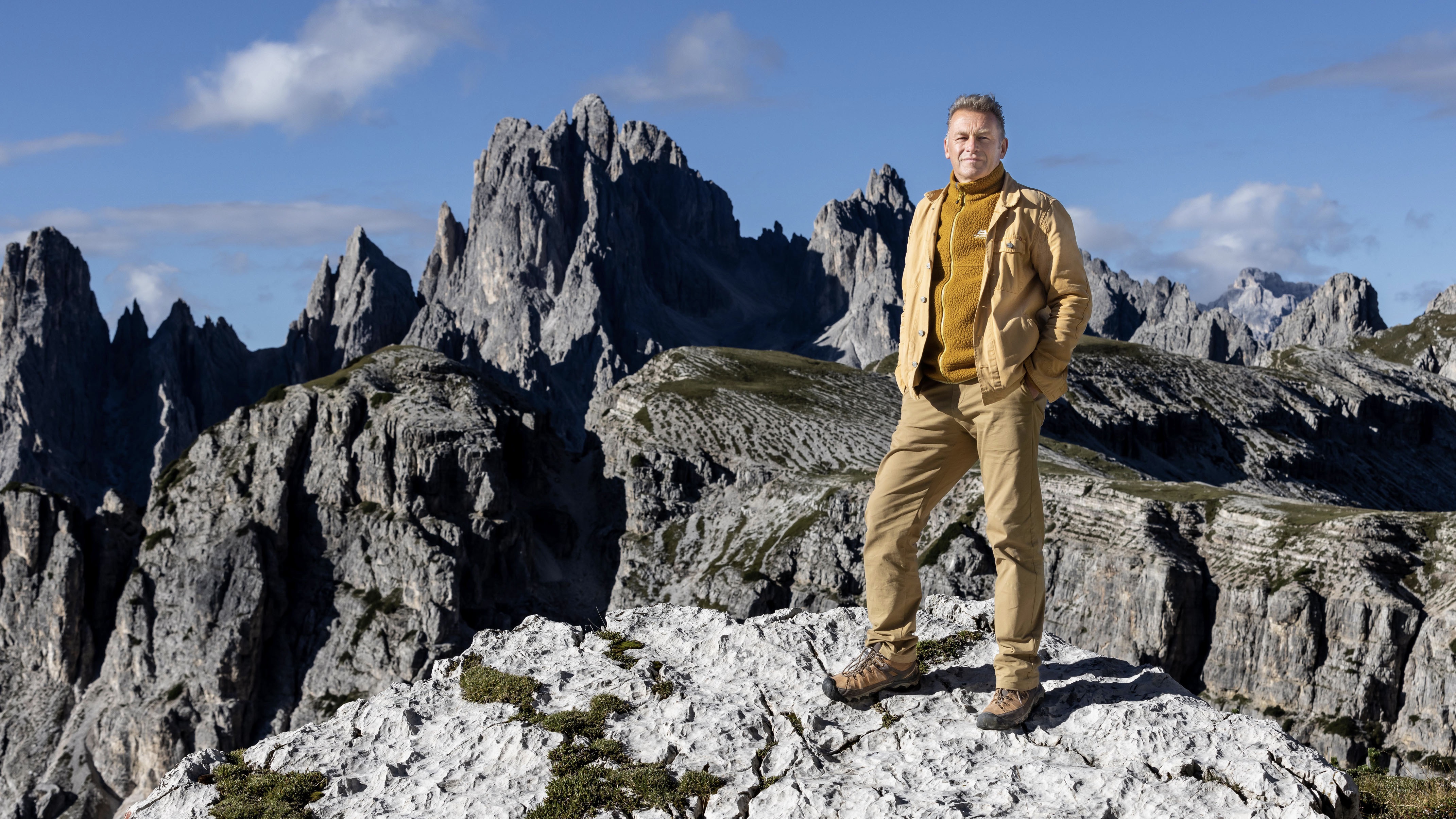
Earth takes viewers on a journey through the past to examine the key moments that have had an impact on the planet’s formation and ability to sustain life.
Presented by Springwatch host Chris Packham, the BBC Two series sees the broadcaster use CGI and cutting-edge science to unveil the secrets of the huge highs and lows that Earth has experienced.
Here’s everything we know about the Earth documentary…
Earth documentary — what is the release date?
The five-part series airs weekly from Monday, July 17 on BBC Two at 9 pm and will also be available on BBC iPlayer.
It will air on PBS in the US at a later date.
Earth — what is it about?
The documentary explores how, over its epic history, Earth has undergone dramatic changes in fortune and how life has managed to survive against the odds.
It sees Chris Packham, who recently co-hosted Our Changing Planet, travel around the world to examine the significant turning points of the last four and a half billion years, from devastating volcanic eruptions and freezes, to the evolution of plants, the creation of the atmosphere, and the repercussions of human activity.
Earth — episode guide
Episode One: Inferno
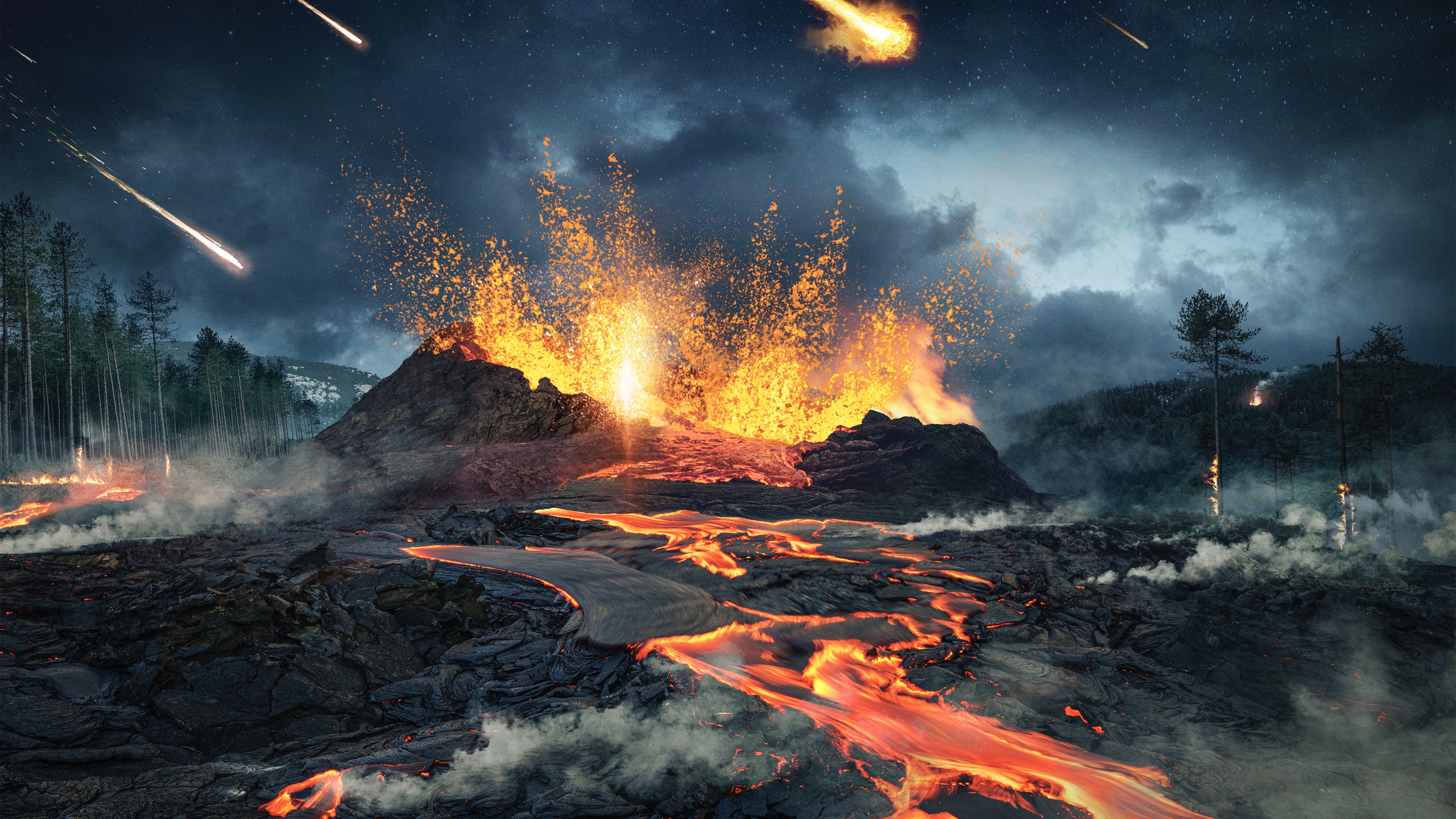
Some 252 million years ago, the greatest mass extinction in history occurred when around 90% of life was wiped out by volcanic activity, which caused devastating lava flow, the release of toxic gases and global warming. But a period of prolonged rainfall saw life return.
“Volcanic events have huge planetary influence,” says Chris. “Lava was beneath the surface burning coal and it shifted the temperature up by 10 degrees centigrade, which was catastrophic.”
Episode Two: Snowball
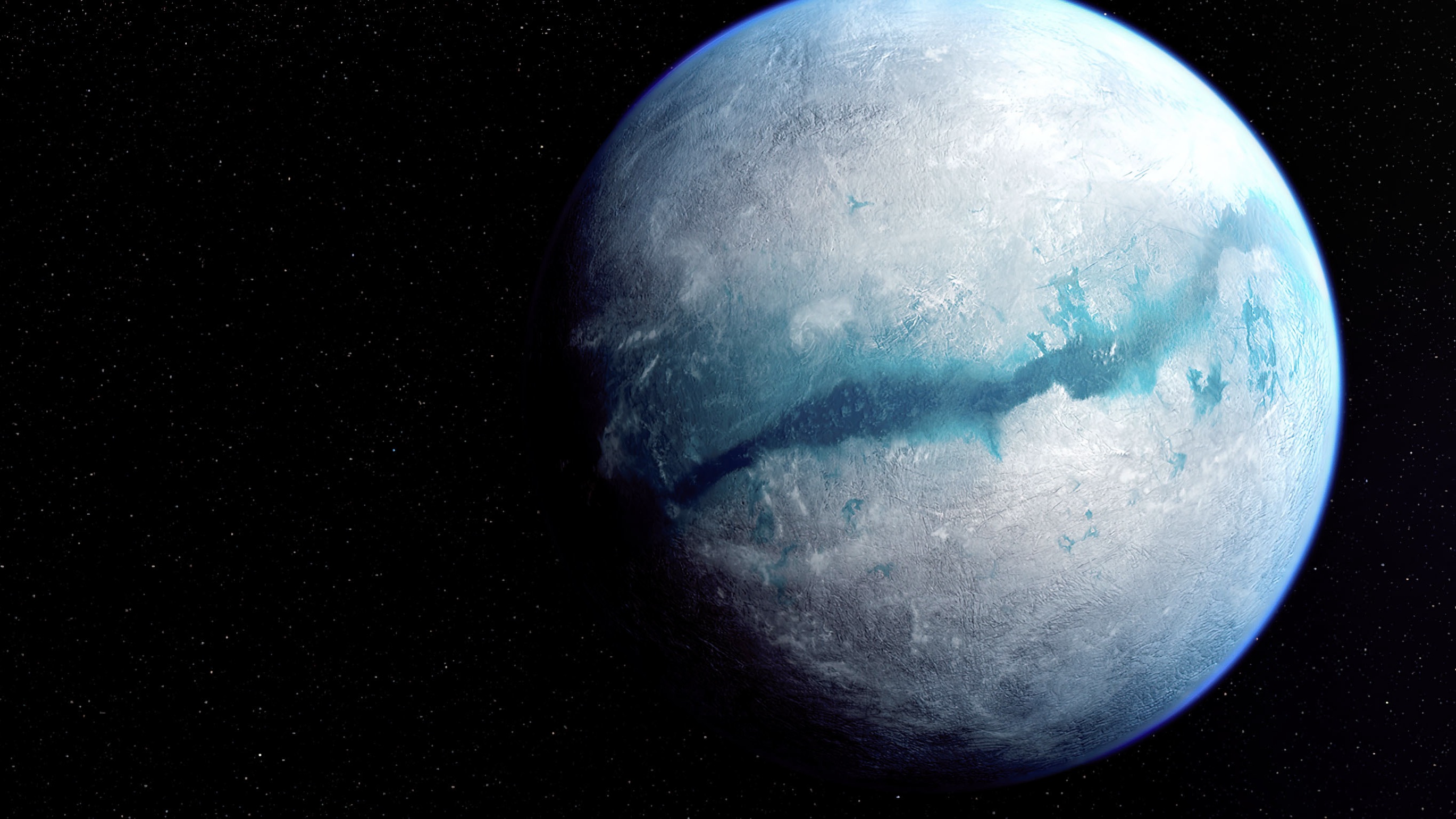
Chris takes us back 800 million years to when a giant supercontinent, Rodinia, broke up and carbon dioxide disappeared from the atmosphere, resulting in a freeze that lasted around 50 million years, before new species emerged.
“There's evidence of glacier activity even close to the equator,” explains Chris. “Complex life had to survive or go into cryogenesis and then pop back out. But the melt happened quicker than the freeze.”
Episode Three: Green
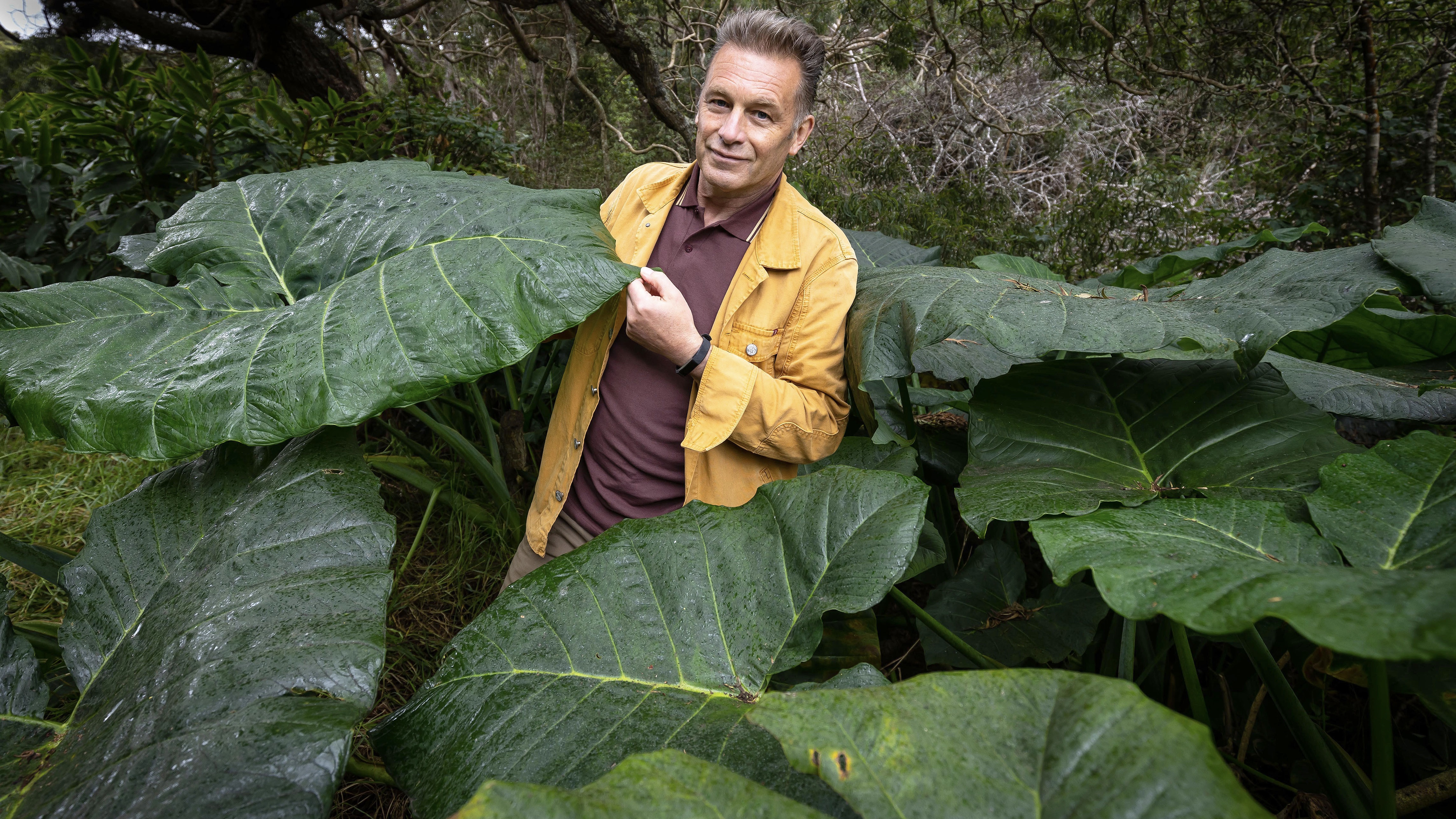
While algae originated in the sea, asteroid crashes three billion years ago caused land masses to form and plants gradually came ashore, but a freeze threatened their future.
“Plants started out trapped in water, they couldn't get on land, there was no soil, so they formed a relationship with fungi to get out,” shares Chris. “But they had too much fun on land, sucked out all the carbon dioxide and everything got cold.”
Episode Four: Atmosphere
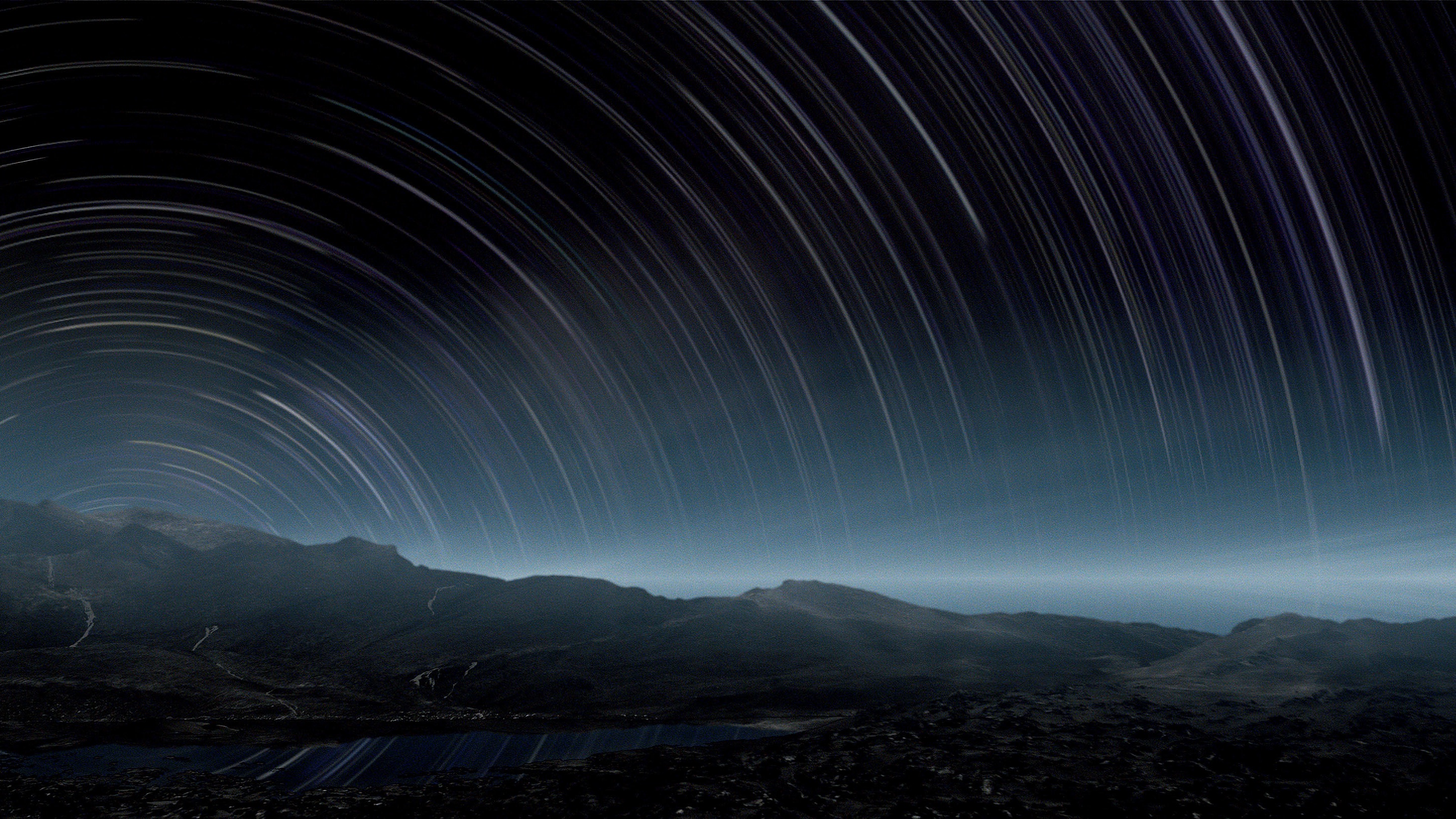
Going back four billion years, Earth was a lifeless rock before it was hit by asteroids, which led to volcanic eruptions, gas clouds and the arrival of rain, as the atmosphere was created.
“Initially, space came down to the ground, and nothing would happen lifewise until we had an atmosphere,” reveals Chris. “But it isn't about a single event at a certain time because the atmosphere has changed radically over a wide period.”
Episode Five: Human
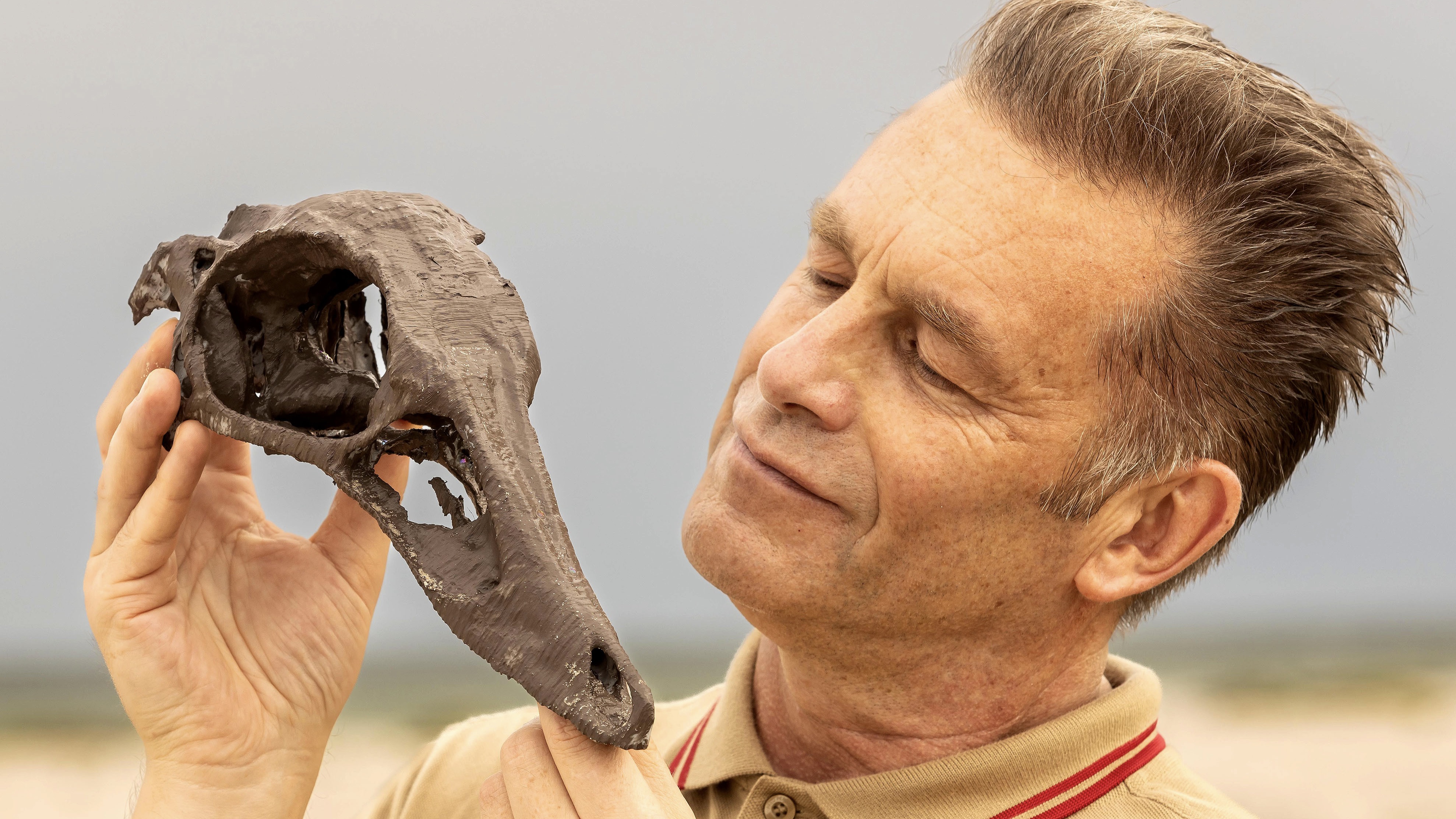
The extinction of the dinosaurs 66 million years ago paved the way for the eventual evolution of early humans. But, after 11,000 years of mankind transforming Earth with technological advancements, what will the future hold?
“Once the dinosaurs were removed there was scope for mammals to diversify,” says Chris. “But it's looking at the impact that we've had on the planet, which unfortunately generates parallels with the previous problems that Earth has faced.”
Earth — interview with Chris Packham
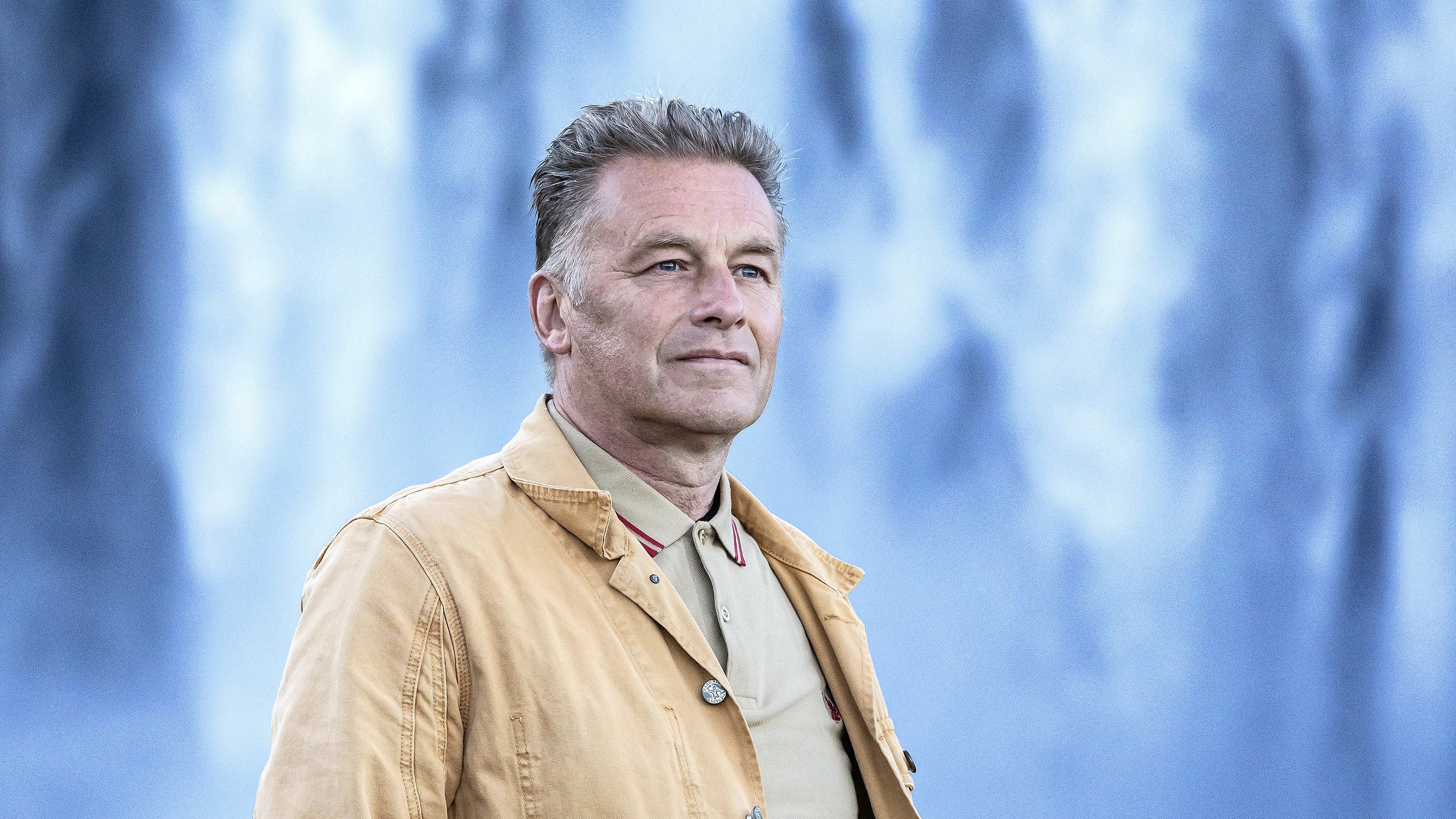
What was your thinking behind the series?
“This is a biography of a special planet, which has had some extraordinary events shaping its life. It's a rollercoaster, things do well, things do badly. Physical, planetary forces have changed life but life has had an impact on the atmosphere, the climate, the sea and the Earth’s surface. There's constant fluxing.”
Did you have any favourite moments from filming?
“When you pick up a meteorite from another part of the universe, there’s immediate euphoria. We saw important fossils such as the first flower fossils, and when I put my hand where a dinosaur once put its foot, the romantic in me was easily stirred.”
Were you able to see wildlife too?
“It was never going to be a wildlife series but we were drawing parallels with previous life. On a cliff in Chile, there were Andean condors, and one pooed on me – I was elated to be pooed on by such a magnificent animal! We also went to a Mexican cenote [cave-like sinkhole] inhabited by millions of bats. They created a vortex as they spiralled out, it was like they turned on the air conditioning.”
What locations did you visit?
“We went to Iceland to see volcanic regions, that was spectacular. I also liked the historical nature of a temple complex in Mexico, which was in a biosphere reserve with brilliant wildlife. Then in Chile, it's incredibly hot, dry and high and it parallels early hostile environments where species didn't only survive, they prospered.”
Are there any similarities between Earth’s previous challenges and the ones we are facing now?
“It’s not a climate change series but we draw comparisons. We look at previous climate change events millions of years ago, and the scientists now have the capacity to understand what it could mean to us. That should spur us into doing something.
“We’re a unique species on a unique planet and when you look at its history, we're lucky to be here, it’s a matter of chance, and we didn't ought to squander that. It’s the only place we know that there's life. But what the series exposes is that it's fragile.”
Earth — is there a trailer?
Not yet but we will pop it up here when one is released.
Earth: Over 4 Billion Years in the Making, the companion book by Chris Packham and Andrew Cohen is out 20th July.







